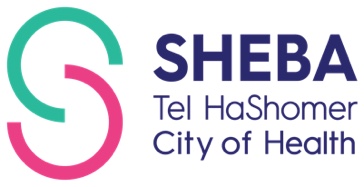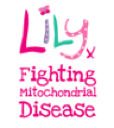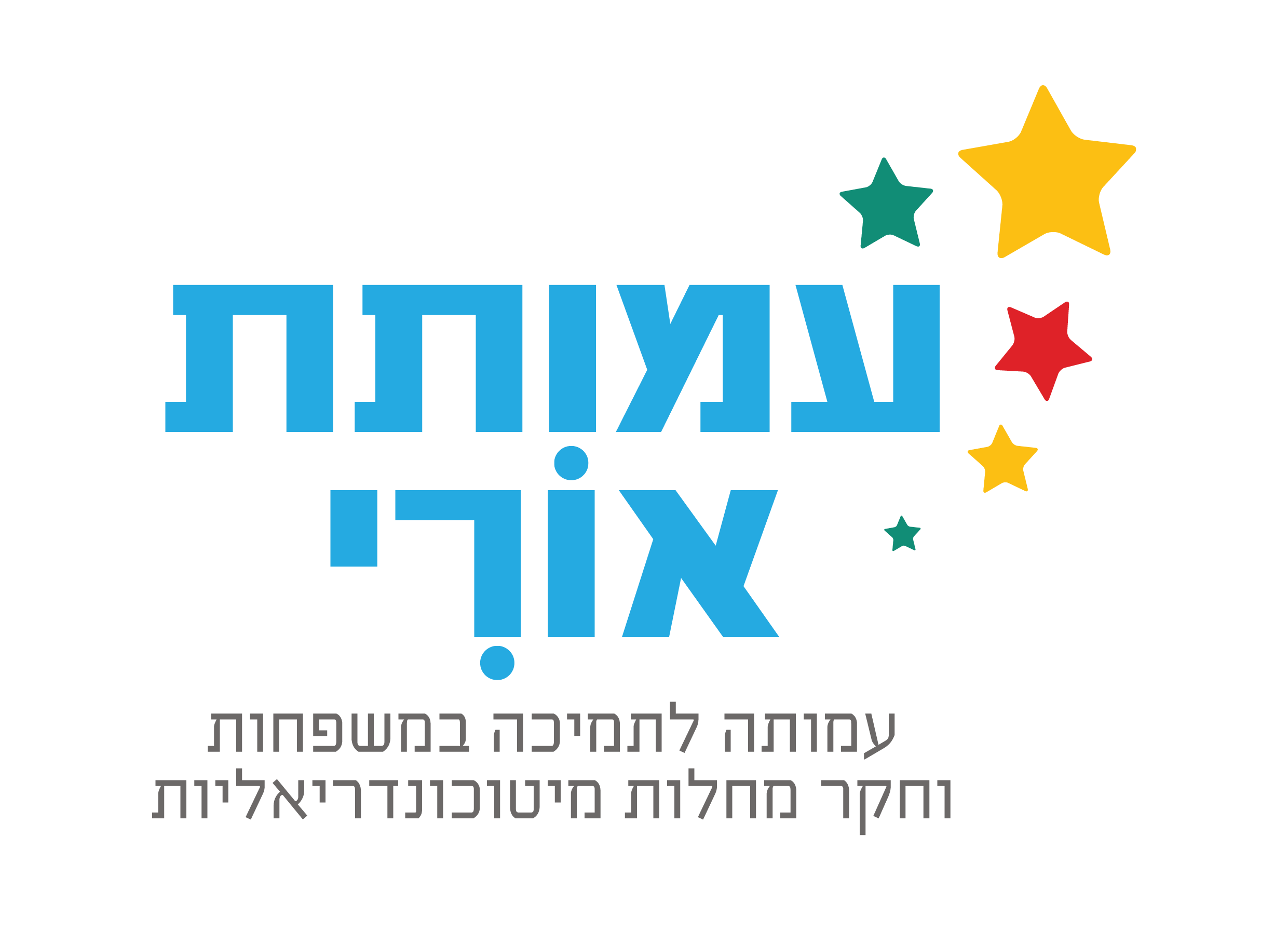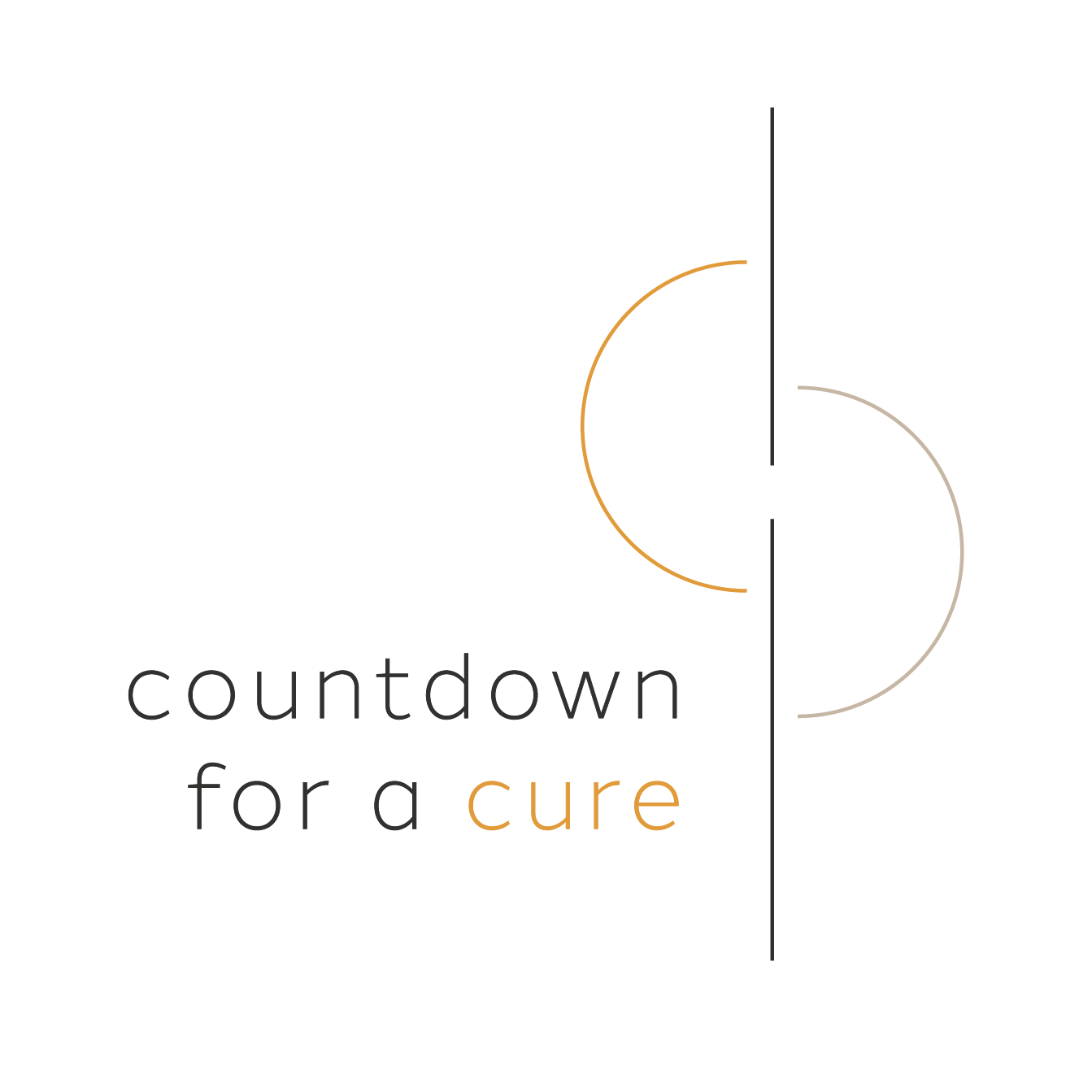We are in this
journey together
Dedicated to deliver innovative, disease modifying therapies for patients with mitochondrial dysfunction

From the beginning, working in collaboration with the dedicated advocacy groups, patients and their families, providers and researchers has given us perspective about living with mitochondrial disease and a deep understanding of its course.
The voices of patients are reflected in every step of our journey and inspire our devotion to the cause.

Clinical Trials
Interventional Studies
Primary Mitochondrial Diseases (PMD)
MNV-BM-BLD-001-IL - Phase I/II In Pearson patients (First generation product MNV-101)
Mitochondrial Augmentation Technology (MAT) was evaluated in a clinical trial for Pearson Syndrome: an ultra-rare mitochondrial disease caused by deletions in the mitochondrial genome and characterized by sideroblastic anemia and exocrine pancreas dysfunction. Other clinical features are failure to thrive, pancreatic fibrosis with insulin-dependent diabetes and exocrine pancreatic deficiency, muscle and neurologic impairment, and, frequently, early death. Compassionate use cases of mtDNA deletion syndromes: Seven patients with PS or KSS spectrum disorders have been treated under compassionate use programs in Sheba Medical Center. Details about the results of the compassionate use program have been published in Science Translational Medicine, showing promising safety and efficacy outcomes, Clinical improvements in aerobic function, weight gain and increased strength and endurance were noted.
The findings demonstrate that mitochondrial augmentation therapy is feasible in children with mitochondrial DNA deletion syndromes and that MNV-101 can potentially deliver functional improvement.
This trial ended and not enrolling patients.
MNV-010- Phase I In Pearson patients (Second generation product MNV-201)
Phase I study in Pearson patients started on active and enrolling patients.
Myelodysplastic Syndrome (MDS)
MNV-012 – Phase Ib in MDS Patients (MNV-201; The SHANI Trial)
Phase I study in low risk MDS patients is open and actively enrolling patients.
Minovia Expanded Access (Compassionate Use) Policy
Minovia Therapeutics is dedicated to developing new mitochondria-based therapies that have a positive impact on patient health, and to serving patients, patient families and patient communities.
Consistent with our mission to bring innovative medicines to patients with serious or life-threatening illnesses or conditions, we are focused on conducting the clinical trials necessary to gain regulatory approvals to make our medicines available broadly to patients as quickly as possible. At the same time, we understand that there are seriously ill patients who will not be eligible for our clinical trials and may not have options for alternative therapies. In these circumstances, Minovia will consider providing a requesting physician with pre-approval access to a specific Minovia investigational drug, for the treatment of an individual patient outside of a clinical trial. Due to complex manufacturing procedures, expanded access can only be provided by physicians treating at sites currently enrolling patients under clinical trials. The conditions which must be met to consider a patient for expanded access include the following:
- The patient has a serious or life-threatening illness or condition and is either no longer responsive to or no longer able to tolerate any available treatment option, or no treatment option exists;
- The investigational drug is in active clinical development with sufficient data available to determine an appropriate dose and schedule for the patient’s specific condition;
- A benefit-risk analysis, based on both the available clinical data as well as the requesting physician’s assessment of the individual patient’s condition and history, supports making the investigational drug available;
- Making the investigational drug available will not negatively impact or delay the conduct of clinical trials or regulatory review or approval of the investigational drug for broader patient access; and
- Adequate supply of the investigational drug is available.
All requests must be submitted by physicians currently at our open clinical sites. Minovia will require detailed information to fully evaluate a request. We continually evaluate the benefit-risk profile of each of our investigational drugs based on evolving clinical data. Minovia is committed to evaluating all requests in a fair and equitable manner, and each request, considered on a case-by-case basis, will be given careful consideration by Minovia. The requesting physician must obtain appropriate regulatory and ethics committee approvals and comply with regulatory obligations, including obtaining patient consent, patient monitoring and safety reporting.
Physicians seeking pre-approval access for patients with no alternative treatment options should submit their requests to info@minoviatx.com. We regularly monitor this mailbox and will use our best efforts to ensure that initial response times for each submitted request will occur within 10 business days after receipt.

Born from the tragedy of the October 2023 War, Next October’s mission is to transform grief into progress.
The Next October initiative harnesses Israeli innovation to honor the memory of those lost in the October 2023 War. More than 1,500 innovative startup companies will commemorate the fallen civilians and soldier victims of the war, while building innovative products and services to make for a better world.
Minovia Therapeutics is committed to "doing good" as a core value. We are pledged to honoring the memory of Major Ido Shani, who lost his life on October 7, 2023 at the age of 29. Ido loved the Israeli army and saw his service as a calling. He demonstrated leadership and mentoring qualities and was an exemplary role model to his soldiers, whom he loved. On the morning of October 7, the first day of the war, in the midst of a massive rocket barrage and reports about terrorist infiltration, Ido quickly realized the severity of the situation, mobilized the forces under his control, and approved opening fire. His actions saved many lives.
In his honor, the first in human clinical trial of Minovia’s MNV-201 product in myelodysplastic syndrome (MDS) will be called the SHANI trial. Shani is the color of red in the Hebrew language, the color of the red blood cells these patients lack. May tying this trial to his name bring a hope of red, of Shani, to MDS patients.
Non-Interventional Studies
MNV-007 - MDS samples
Samples collections of MDS patients has started on Q3 2023. The purpose is to study efficacy and mechanism of action of MAT in MDS patient cells.
MNV-008 - PMD samples
Samples collections of PMD patients has started on Q2 2024. The purpose is to establish blood mitochondrial biomarkers for diagnosis of mitochondrial dysfunction.

Sheba Medical Center: graded as one of the top hospitals in the world, is the clinical site for our Phase II clinical trial of Mitochondrial Augmentation Technology (MAT) in Pearson syndrome. The study is led by co-Principal Investigators, Professor Amos Toren M.D., Ph.D., MHA, Head of the Division of Pediatric Hemato-oncology, and Elad Jacoby, M.D., Head of the Pediatric Immunotherapy Center. Sheba Medical Center Hematopoietic Stem Cell lab led by Dr. Nira Bloom serves as Minovia’s site for hematopoietic stem cells isolation.
Patients resources
Patients’ advocacy organizations are dedicated to support patients, families and caregivers throughout their life journey from diagnosis to living daily with mitochondrial diseases by providing tools and knowledge, creating supportive communities that feels like home to many.
Patients’ advocacy groups are working closely with researchers, regulators and industry to advance development of therapies to patients. Patient registries are one of the tools that have the potential to become a comprehensive database that serves to profoundly educate about the disease and its nature.
In 2020, The Champ Foundation launched the Champ Foundation Registry (CFR) to provide a robust, accessible dataset to families, researchers, clinicians, and companies fighting single large-scale mitochondrial DNA deletion (SLSMD) disorders. To learn more and register, visit: https://cfr.thechampfoundation.org/











